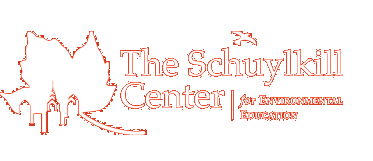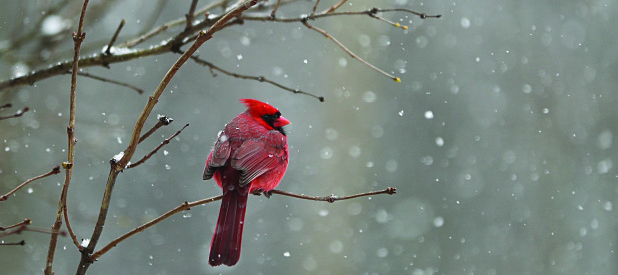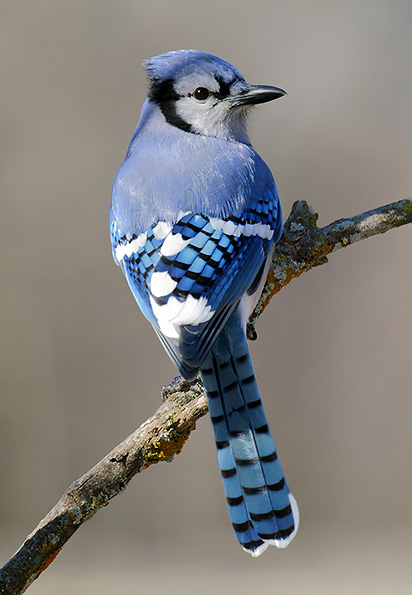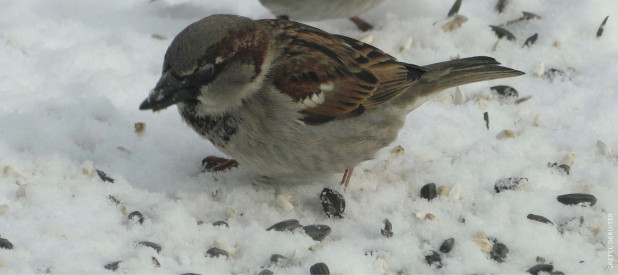by Ben Vizzachero, Environmental Educator
On the morning of June 1st, staff and volunteers completed the Schuylkill Center’s Nesting Bird Survey. Birders of all experience levels come out to participate in this annual citizen science project. Birding is one of the most popular ways to engage with the natural world. Read this article by Jack Connor to learn more about why birding is so great (warning: you may shed a tear).
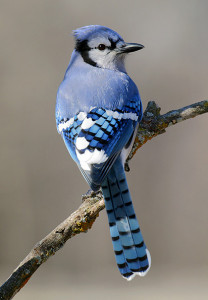
Blue Jay
To complete the count, participants break up into five groups and walk through all major areas of the Schuylkill Center’s property. As they go, they count all birds they can identify by sounds or sight. This year, participants also decided to begin recording notes about breeding behavior, using a standardized set of breeding codes. Each code refers to a specific categorized observation and can indicate confirmed breeding activity (such as finding a nest with eggs), probably breeding activity (such as breeding displays or territorial behavior), or potential breeding behavior (such as a singing male). All this information is entered into ebird.org, which makes it available to the public and researchers studying population and migration trends. Years of Schuylkill Center bird surveys allow us to recognize long term changes in abundance.
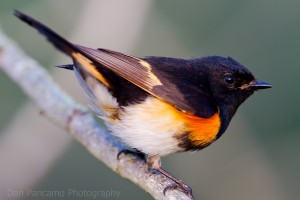
Male American Redstart
This year, participants detected many declining migratory songbirds, including Scarlet Tanager, Wood Thrush, Veery, American Redstart, and Eastern Towhee. They confirmed breeding activity for 14 species including Blue Jay, Tree Swallow, House Wren, Blue-gray Gnatcatcher, Wood Thrush, American Robin, Brown Thrasher, European Starling, House Finch, Field Sparrow, Common Grackle, Common Yellowthroat, American Redstart, and Northern Cardinal.
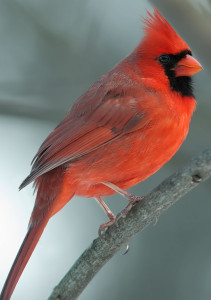
Northern Cardinal
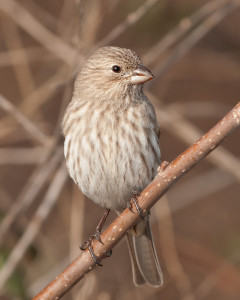
House Finch
One volunteer detected a possible Red-tailed Hawk nest location on the north side of Meigs run. Other highlights including a singing Warbling Vireo, a pair of Willow Flycatchers, a Prairie Warbler, and a pair of flyover Greater Black-backed Gulls.
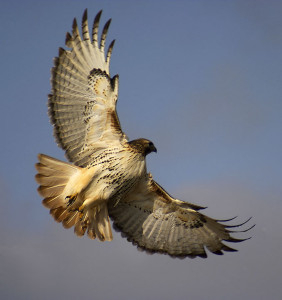
Red Tailed Hawk
Unfortunately, participants did not detect a number of expected migrants, including Eastern Phoebe, Ovenbird, Louisiana Waterthrush, Black-and-white Warbler, Northern Parula, and Rose-breasted Grosbeak. These absences may be indicative of widespread migratory songbird declines.
Overall, this year’s Bird Survey was a success: we compiled an admirable amount of data, and had fun in the process! Birding is both a great recreational pastime and an important avenue for citizen science. We encourage you to go outside and look up at the sky today–you may be surprised by how many birds you see, and how much diversity!
